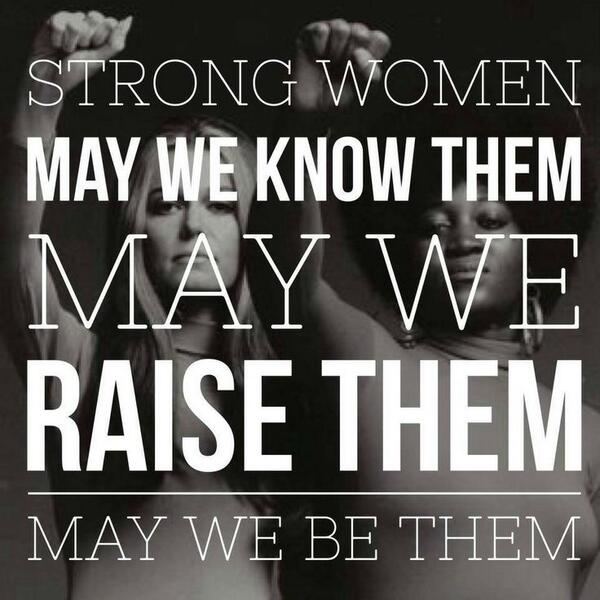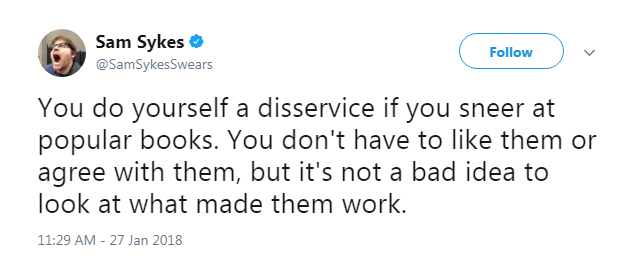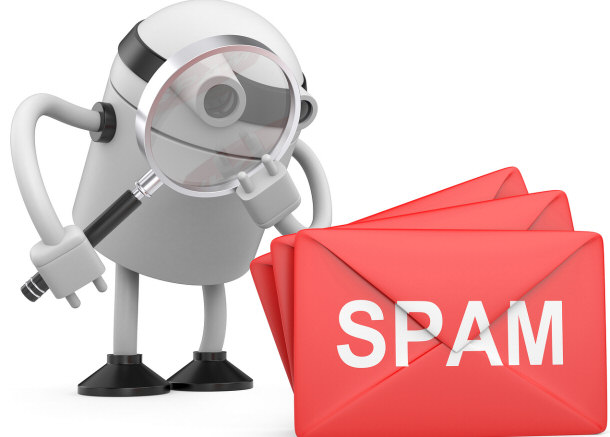
Some time back, a friend posted in a group we both frequent. She was frustrated with the flood of conflicting marketing advice for authors, and listed some of the contradictory advice she’d heard.
- Socialize with non-writers on Facebook. Don’t try to sell. Make friends.
- Advertise on Facebook.
- Advertise on Amazon.
- Forget Facebook and Amazon. Focus on Goodreads instead.
- Forget Goodreads. LibraryThing is the place to be.
- Advertise on other sites.
- Give away books on Net Galley.
- Don’t give away books for free. It invites pirates!
- Give away one book to entice readers.
- List with genre sites.
- Concentrate on Twitter.
- Forget promotion. Sign up with KU.
While I can’t stem the flood of contradictory and often counter-intuitive advice, I can offer my experiences. I spent a lot of time sorting through a veritable avalanche of marketing advice to come up with my strategy. These are my answers, backed up with research and personal experience.
Continue reading “Throttling the Flood of Conflicting Advice”




